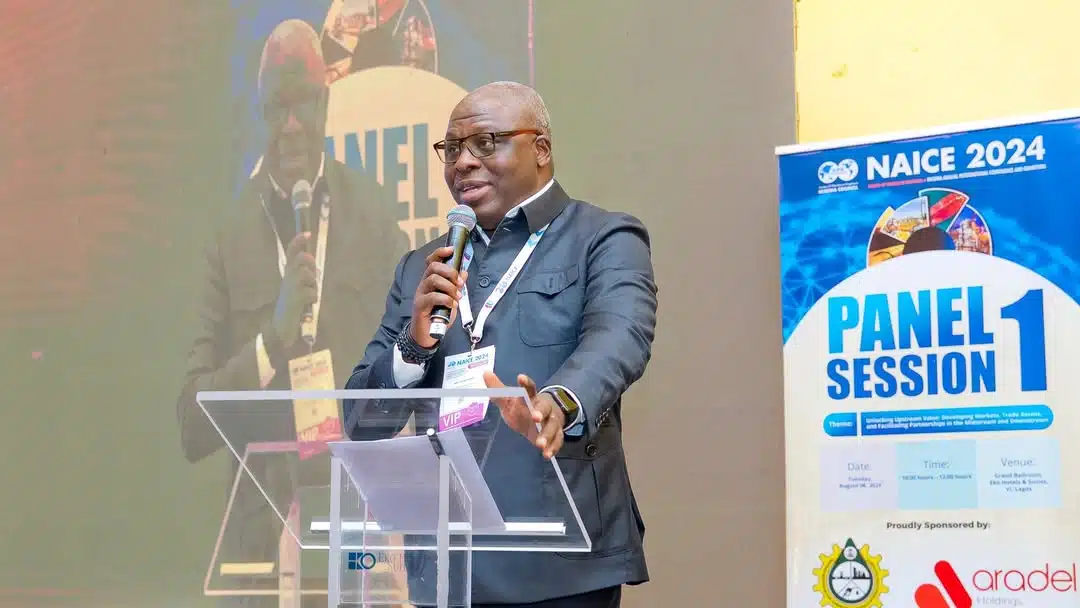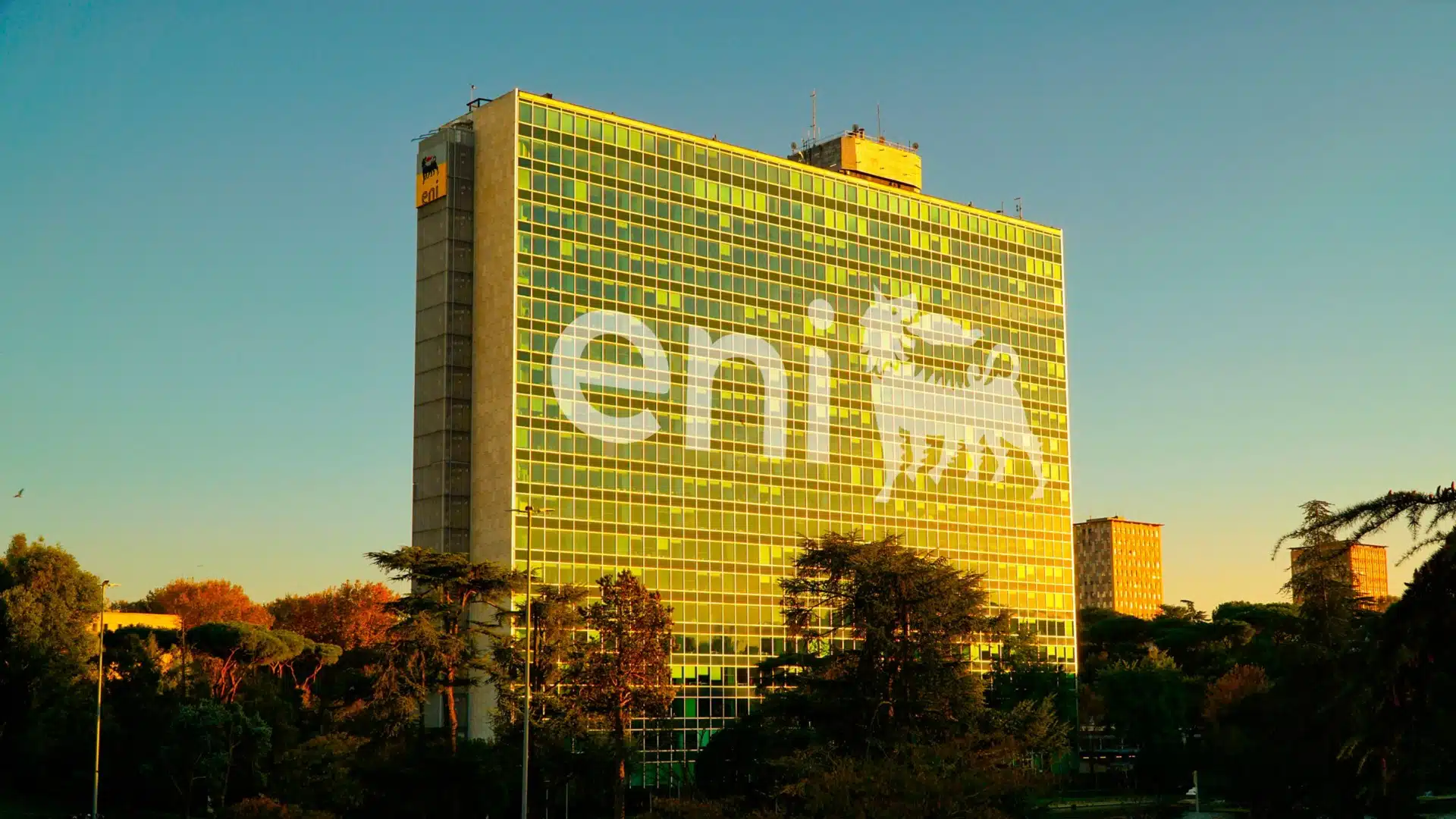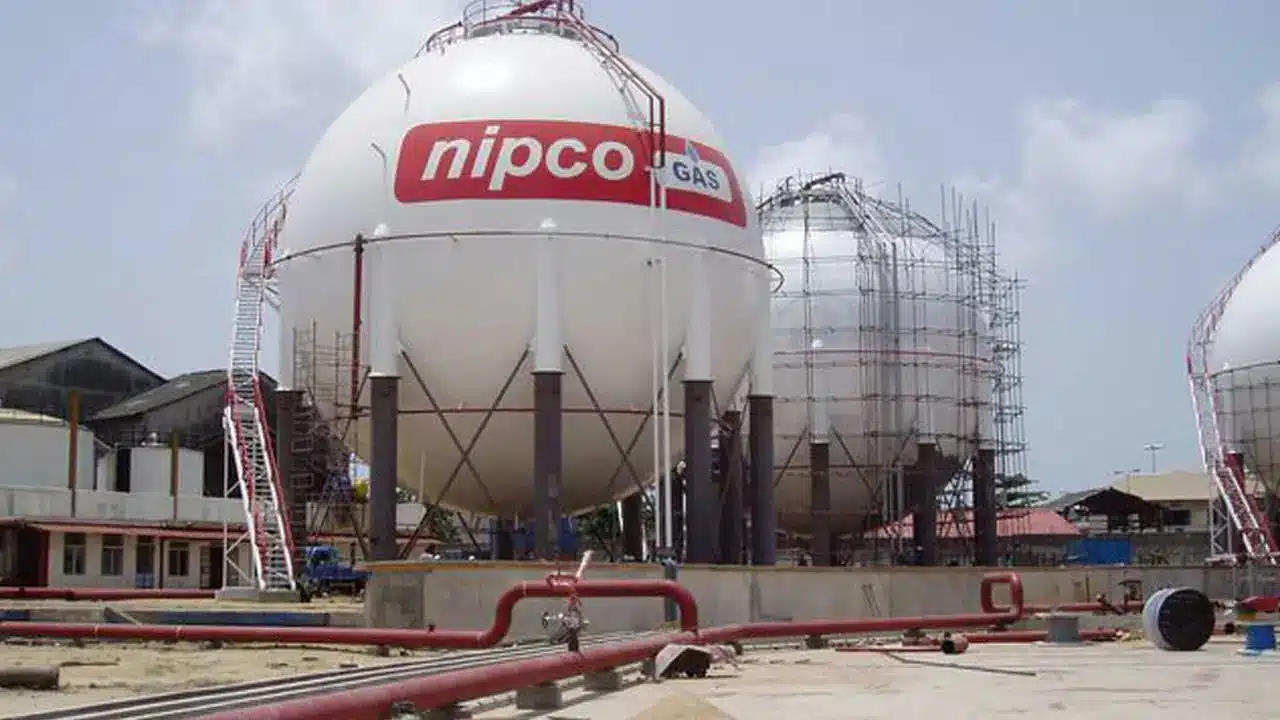Nigeria’s Aiteo Eastern Exploration and Production Company is set to expand its footprint in Southern Africa with plans to construct a modular oil refinery in Mozambique.
The move follows a new partnership with Mozambique’s state owned oil company, Petromoc, aimed at strengthening regional energy supply.
Both parties signed a memorandum of understanding (MoU) on Wednesday in Maputo, during the 11th Mozambique Mining and Energy Conference and Exhibition.
The proposed refinery will have a processing capacity of 200,000 barrels of liquid fuel per day.
President Daniel Chapo of Mozambique, who witnessed the signing, described the project as a milestone that aligns with Mozambique’s ambition to become a competitive player in the oil and gas sector across southern Africa.
“This is a transformative project that will position Mozambique as a relevant player in the liquid fuel value chain, with a positive impact on job creation, especially for our youth,” Chapo said shortly after the agreement was signed.
The planned refinery will produce a range of petroleum products, including gasoline, diesel, naphtha and jet A1 aviation fuel. Storage infrastructure will also be developed as part of the project.
However, no specific timeline for construction or completion has been announced.
Chapo mentioned that the partnership with Aiteo reflects Mozambique’s continued effort to create a favourable environment for private investment, backed by ongoing reforms and political stability.
“These milestones reflect not only the robustness of our reserves, but above all the environment of credibility, security and reform that we are consolidating in attracting the private sector to boost our economy,” he added.
Mozambique return to refining market
The development comes decades after Mozambique shut down its only existing refinery.
Located in the municipality of Matola, the National Petroleum Refining Company was built during the colonial period and operated from the 1960s until the 1980s.
It once served both domestic and regional markets, including territories that were under Portuguese colonial rule.
With this new initiative, Mozambique is looking to revive its status in the refining space by tapping into its strategic location and emerging partnerships with private sector players like Aiteo.
The agreement also marks a step toward reducing fuel imports while boosting local production capacity.
While the project is still in its early feasibility stage, it signals growing collaboration between African nations to develop sustainable energy infrastructure and improve energy independence across the continent.










